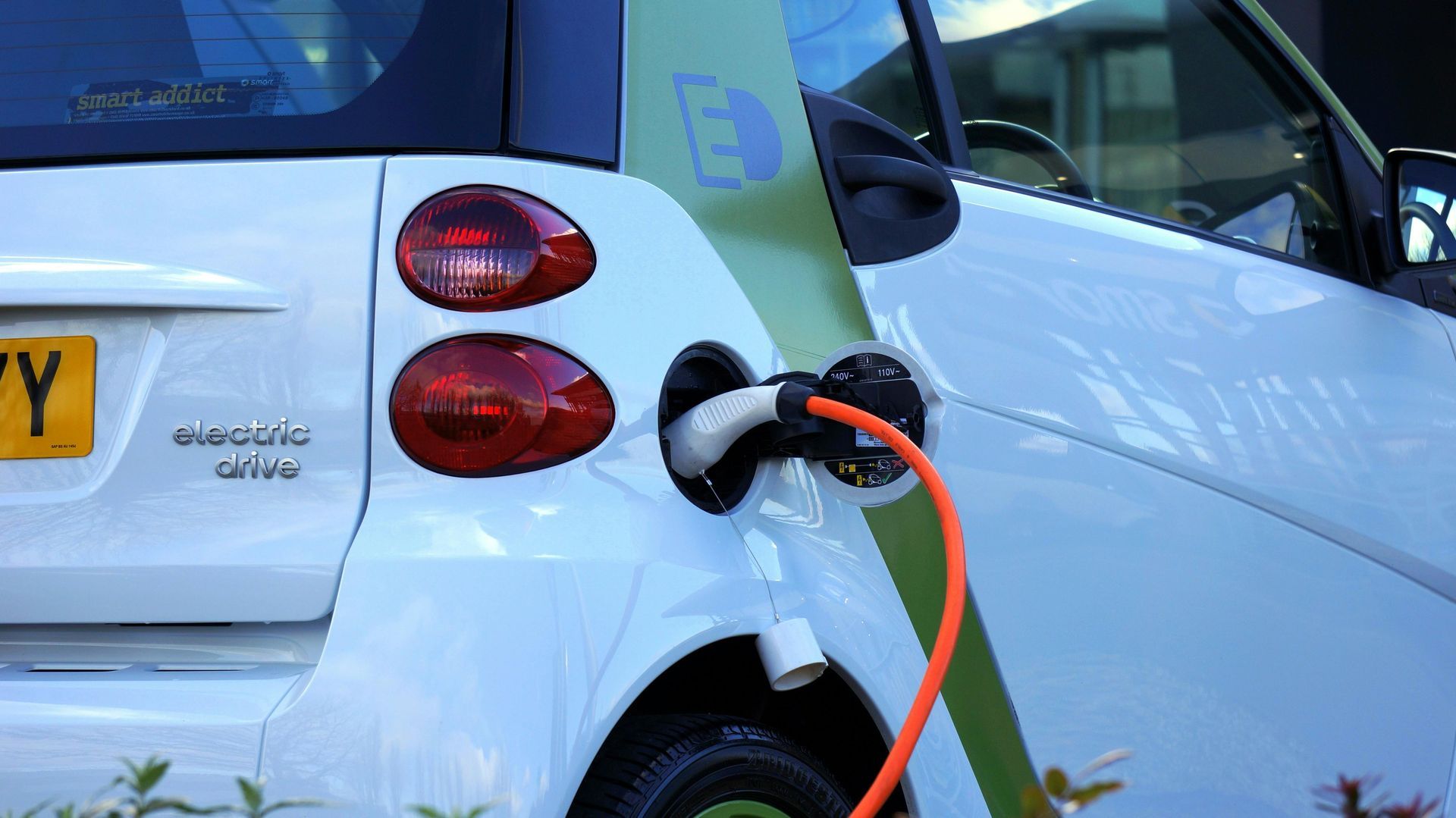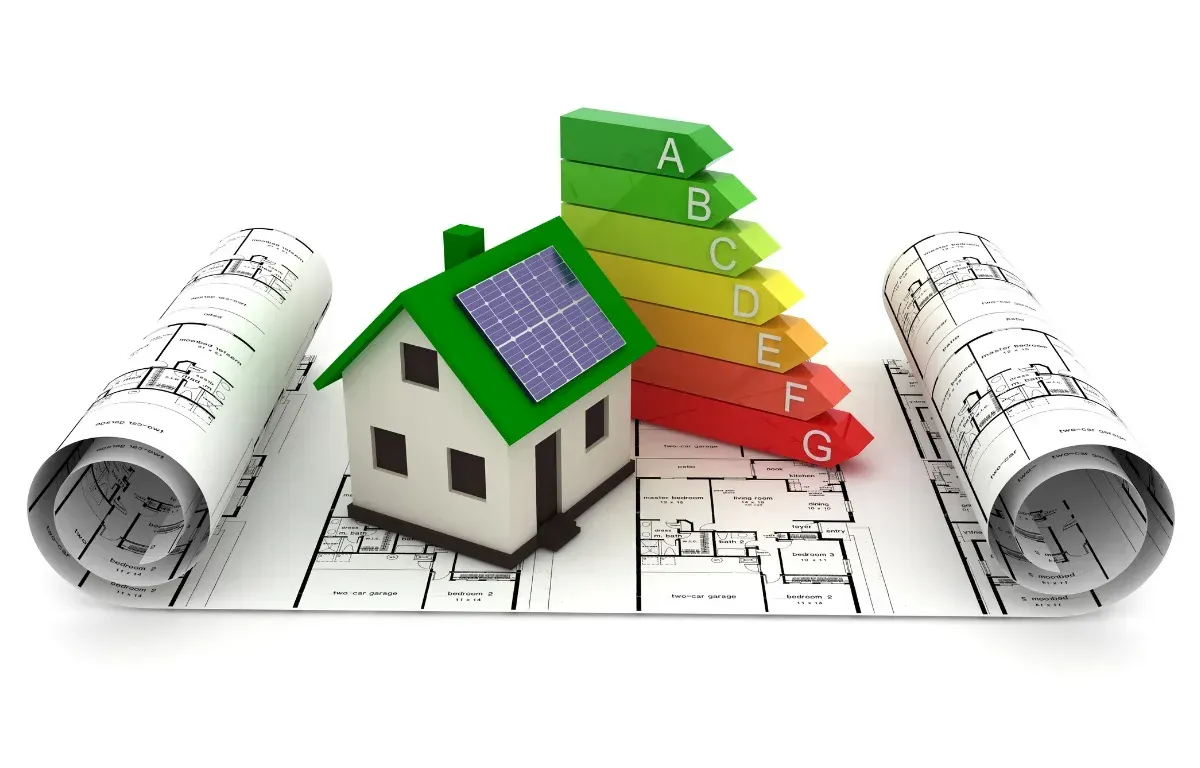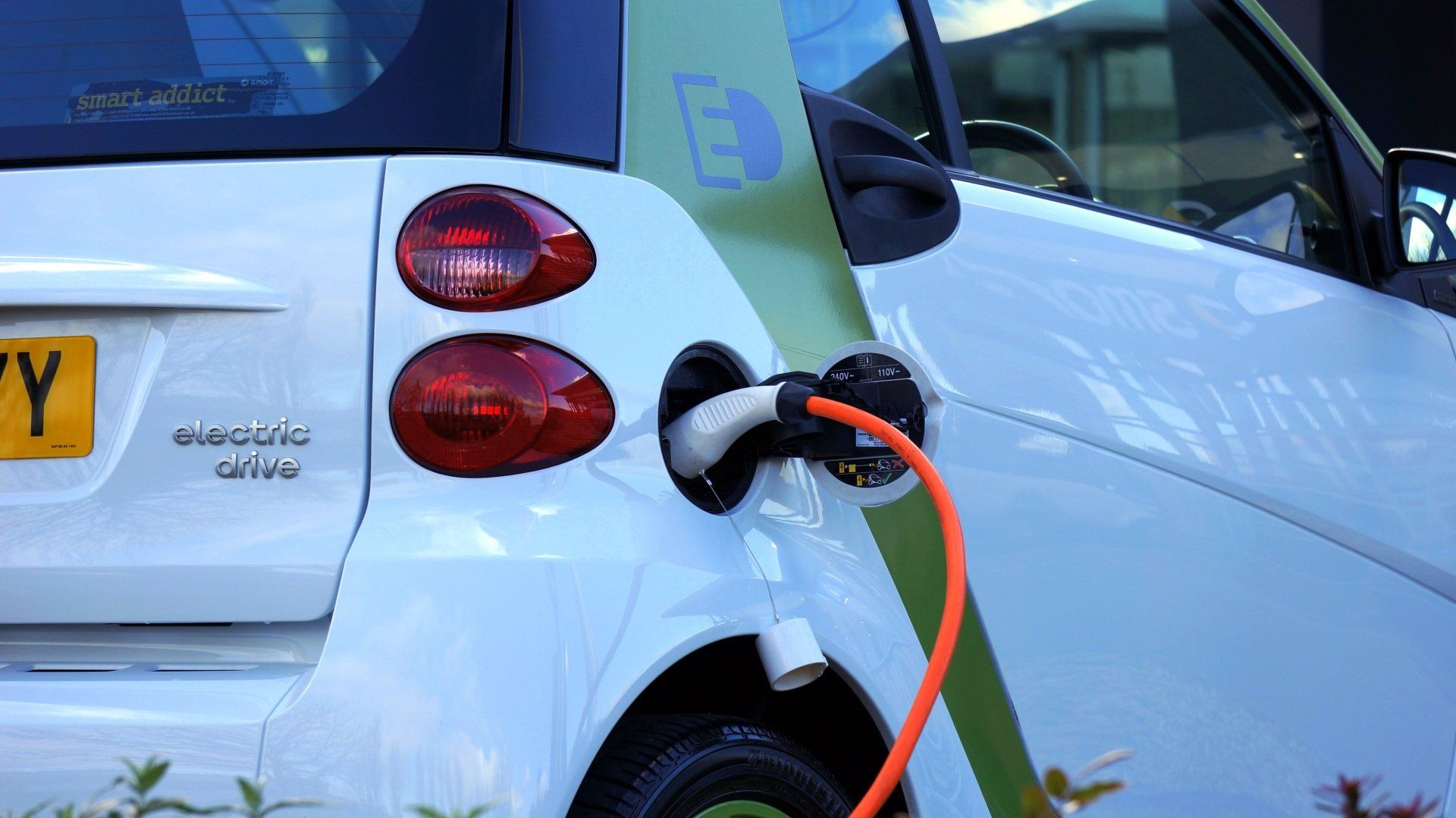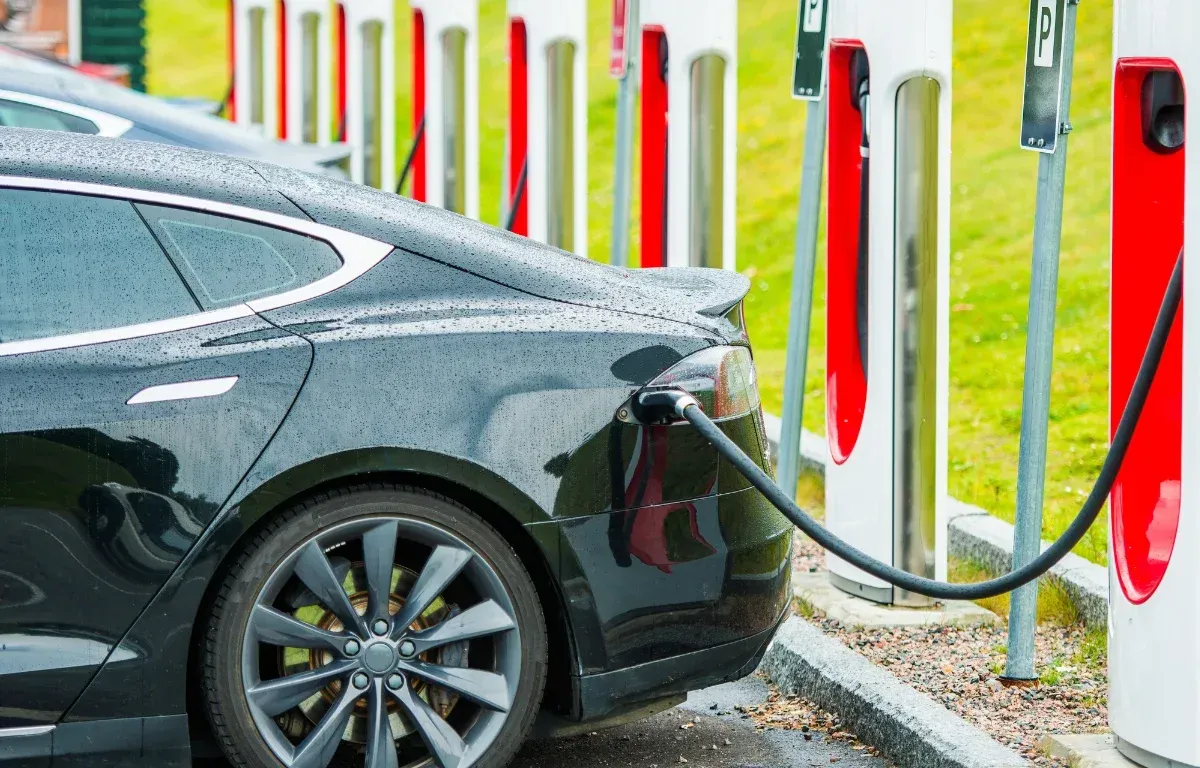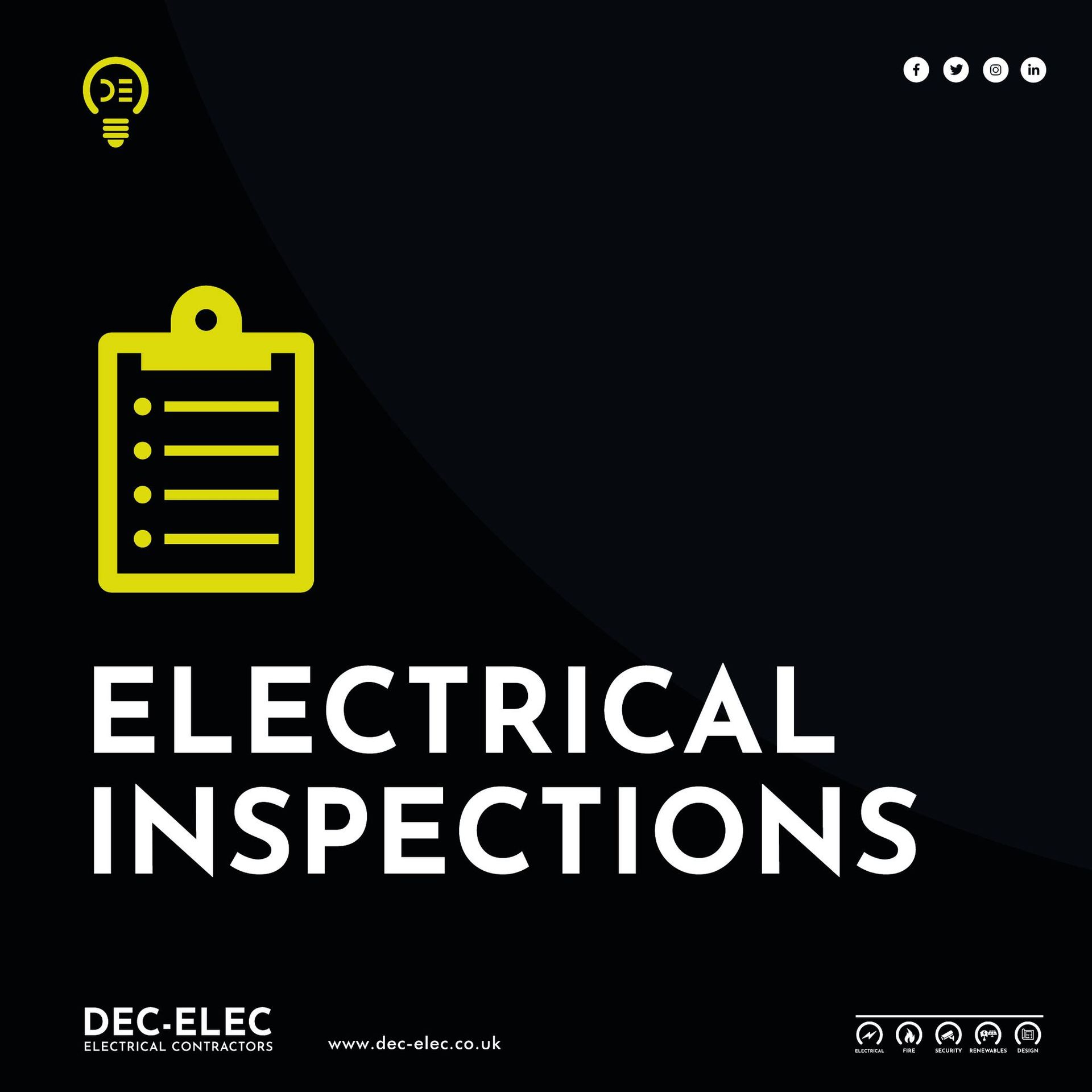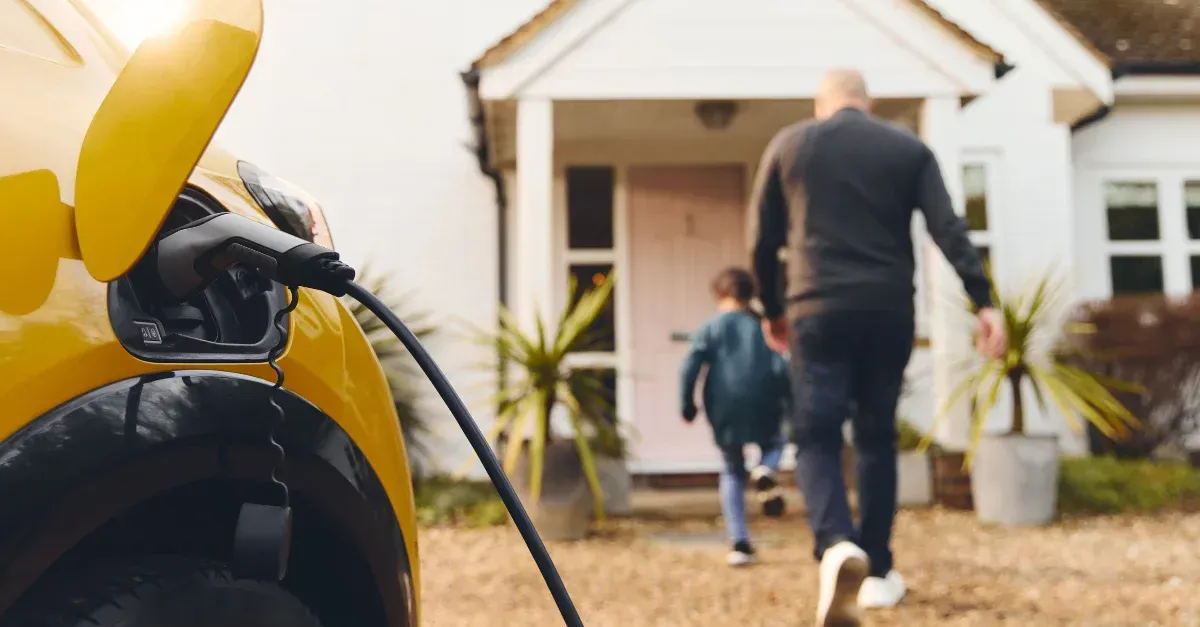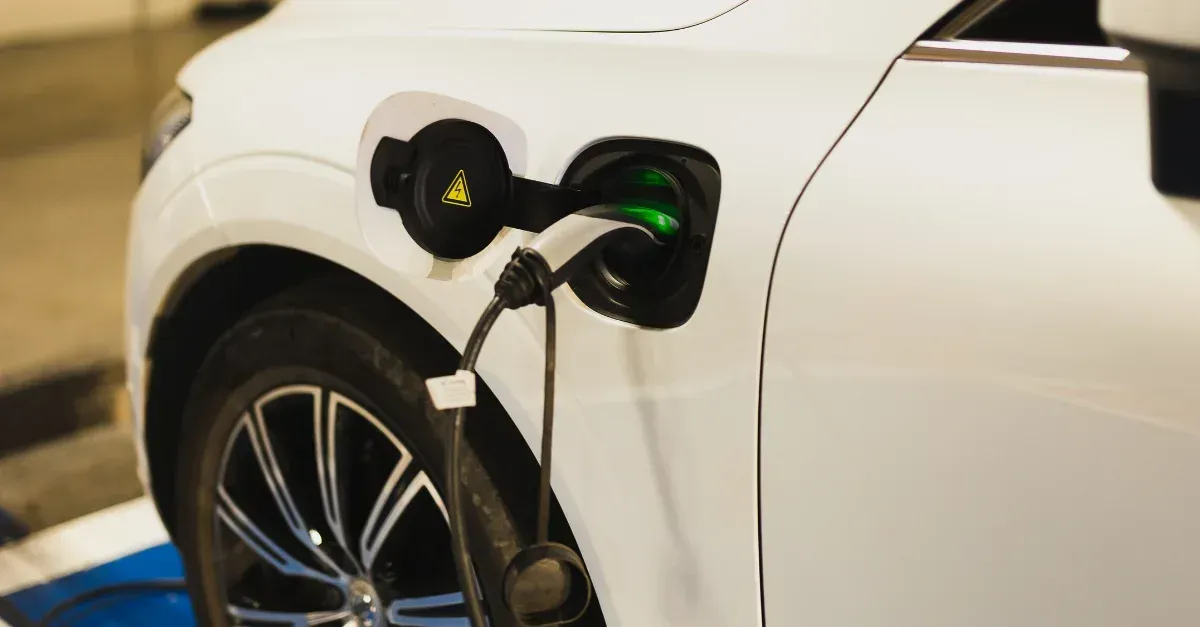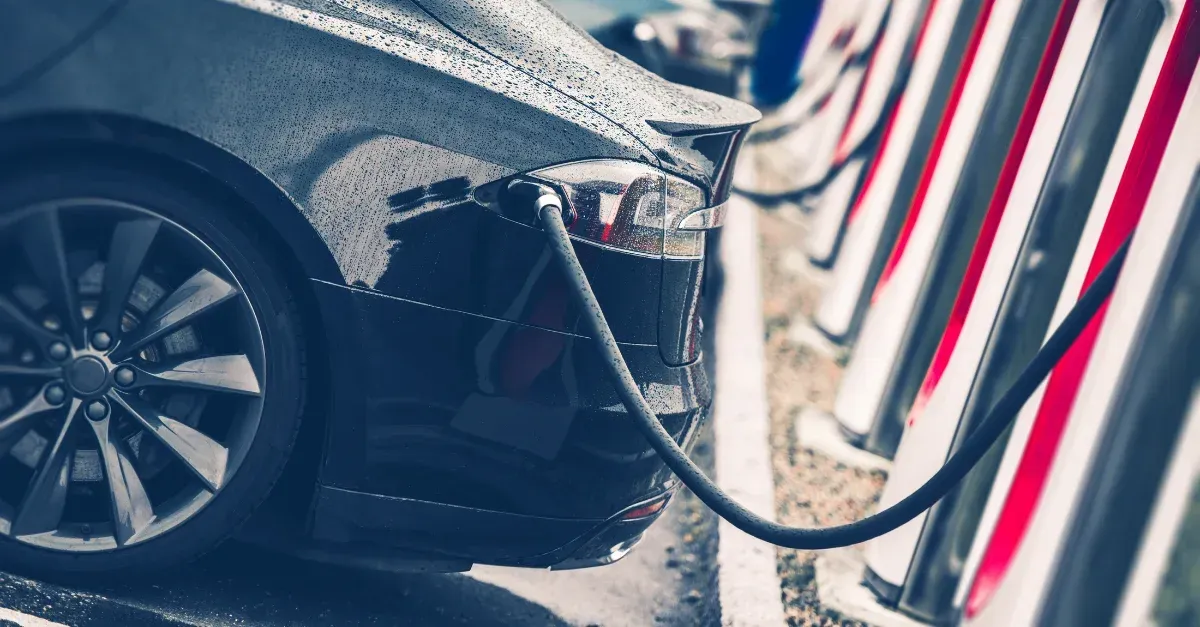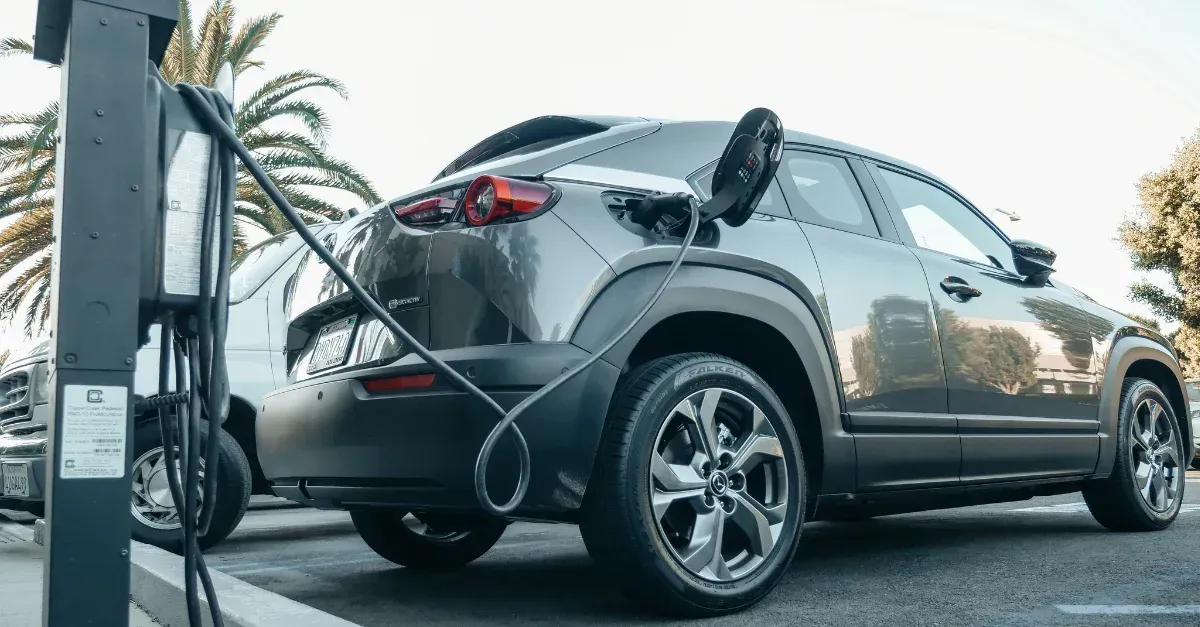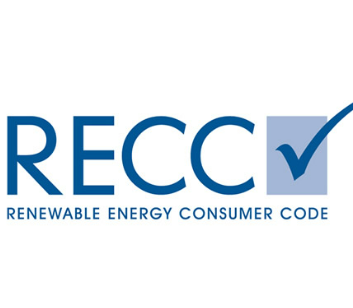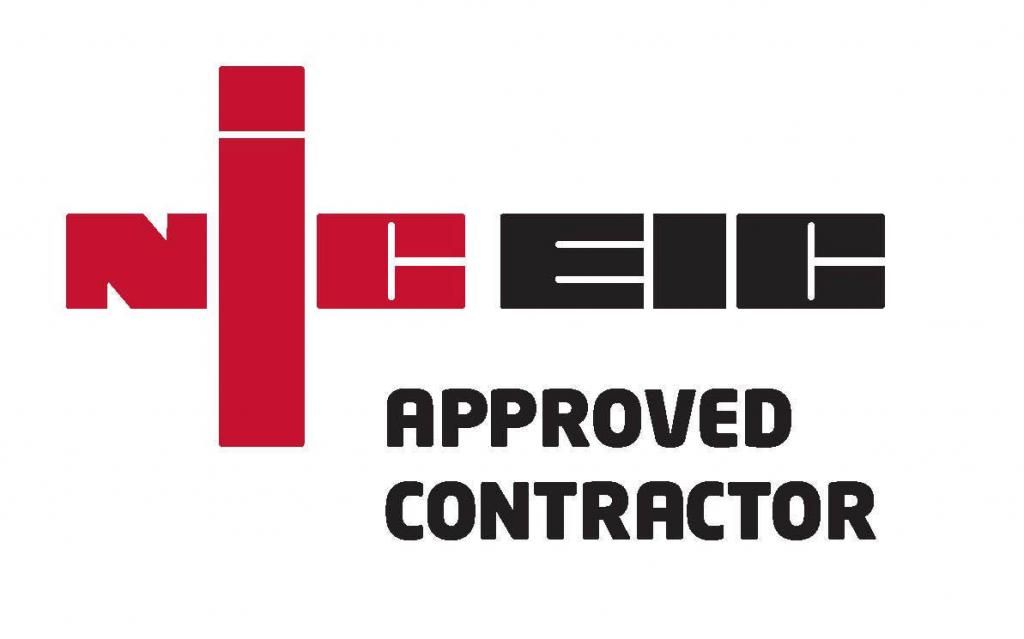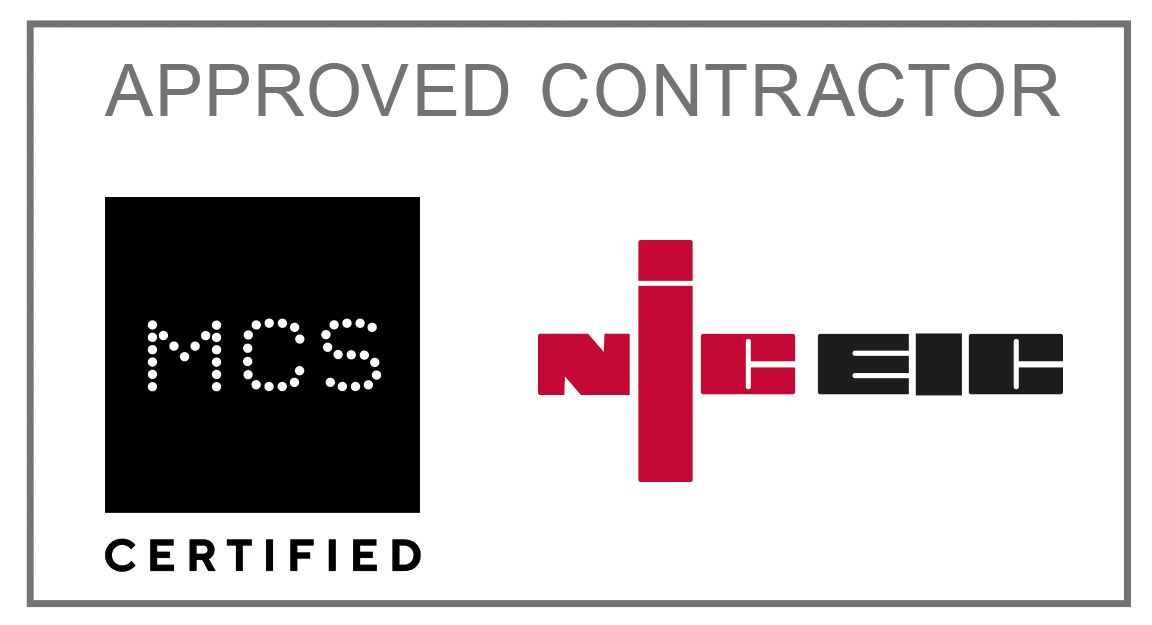We provide efficient and reliable EV charger installation services in Cardiff and the surrounding areas. As the shift towards electric vehicles accelerates, we're here to ensure you have convenient access to charging solutions tailored to your needs.
Our EV Charger Services
Our experienced ev charger installers in Cardiff specialise in the installation of EV charging stations for both residential and commercial properties. Whether you're a homeowner looking to upgrade your property with a home charging station or a business owner seeking to offer charging facilities to your customers and employees, we have the expertise to design and install a customised solution that meets your requirements.
Here are just some of the benefits of making the switch
• Fuel costs reduced
• Save money on road tax
• Reduce carbon emissions
We are fully insured, qualified and OZEV / NICEIC approved contractors.
Get in touch with us today to find out more!
What is OZEV?
OZEV stands for The Office for Zero-Emission Vehicles (OZEV).
The OZEV EV Chargepoint grant aims to alleviate the upfront costs associated with transitioning to an EV. It offers a subsidy of 75% (up to £350) for the installation of EV chargers.
Who is eligible?
- Landlords
- Renters
- Flat owners
- Business owners
We handle the grant application process on your behalf to streamline the procedure.
This grant is exclusively available for vehicles listed as OZEV-approved electric vehicles. You can find the list
here.
Go Green With EV Electrical Charger Installation In Cardiff
By choosing Dec-Elec, you can rest assured that you're investing in a high-quality charging solution that will serve you reliably for years to come. Join the electric vehicle revolution and take the first step towards a sustainable future with our expert services. Contact us today to schedule a consultation and discover how we can help power your journey towards electric mobility.
Contact us today on 01685 267675
FAQS
What Is Electric Vehicle Charging?
 Button
ButtonElectric vehicle charging refers to the process of replenishing the battery of an electric vehicle (EV) with electrical energy, typically stored in the vehicle's battery pack.
EV charging is crucial for ensuring the continued operation and usability of EVs, enabling drivers to travel long distances while minimising reliance on fossil fuels.
How Long Do Electric Vehicles Take To Charge?
 Button
ButtonThe time it takes to charge an electric vehicle varies depending on several factors, including the battery size, charging rate, and the type of charging station used.
Generally, charging an EV can take anywhere from as little as 30 minutes to several hours. The specific charging time for an electric vehicle can be influenced by the EV's onboard charging capabilities and the state of charge of the battery when charging begins.
How Do You Charge An Electric Vehicle At Home?
 Button
ButtonThe most convenient way to charge an electric vehicle (EV) at home is by installing a home charging station, also known as an Electric Vehicle Supply Equipment (EVSE). These stations can be installed in your garage or driveway, providing a dedicated and safe charging point for your EV.
Simply plug your vehicle into the charging station using the appropriate charging cable, and the station will deliver electricity to your EV's battery.
LATEST NEWS
